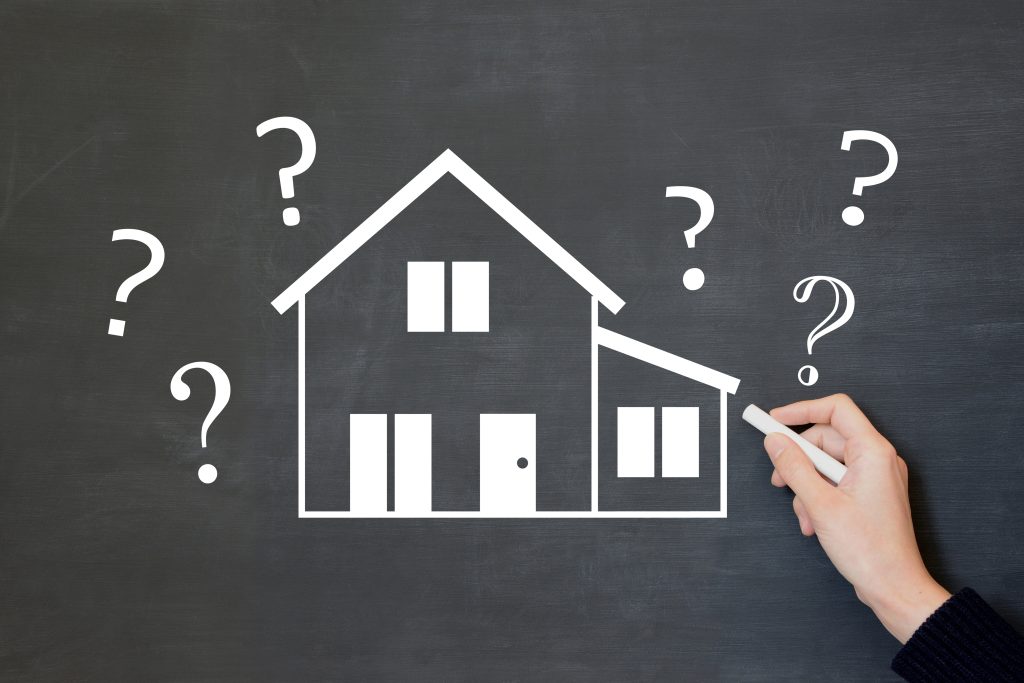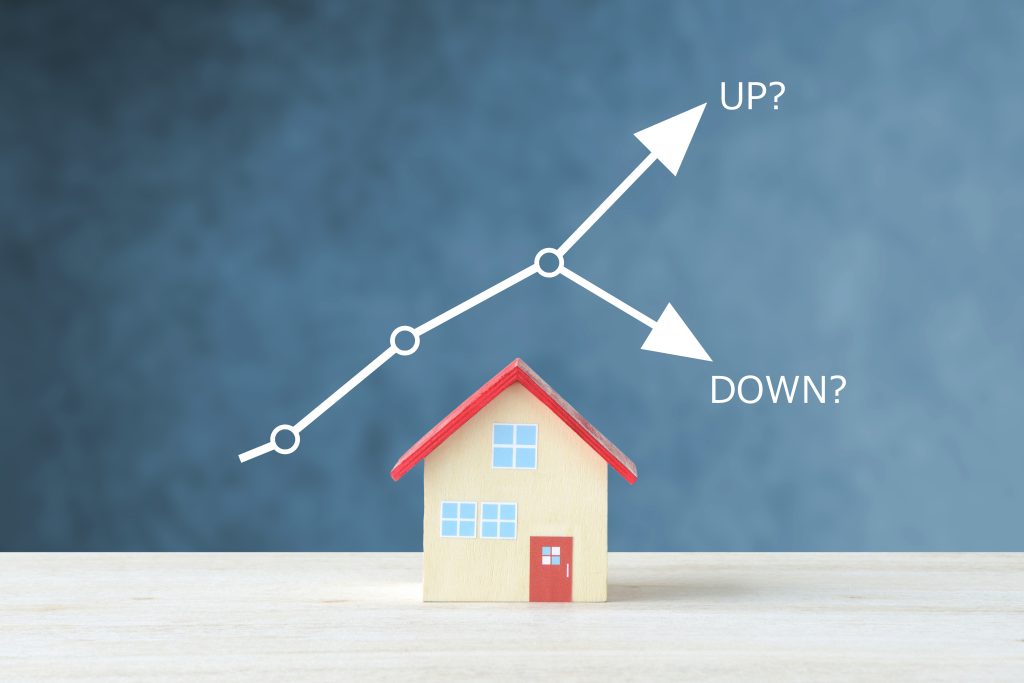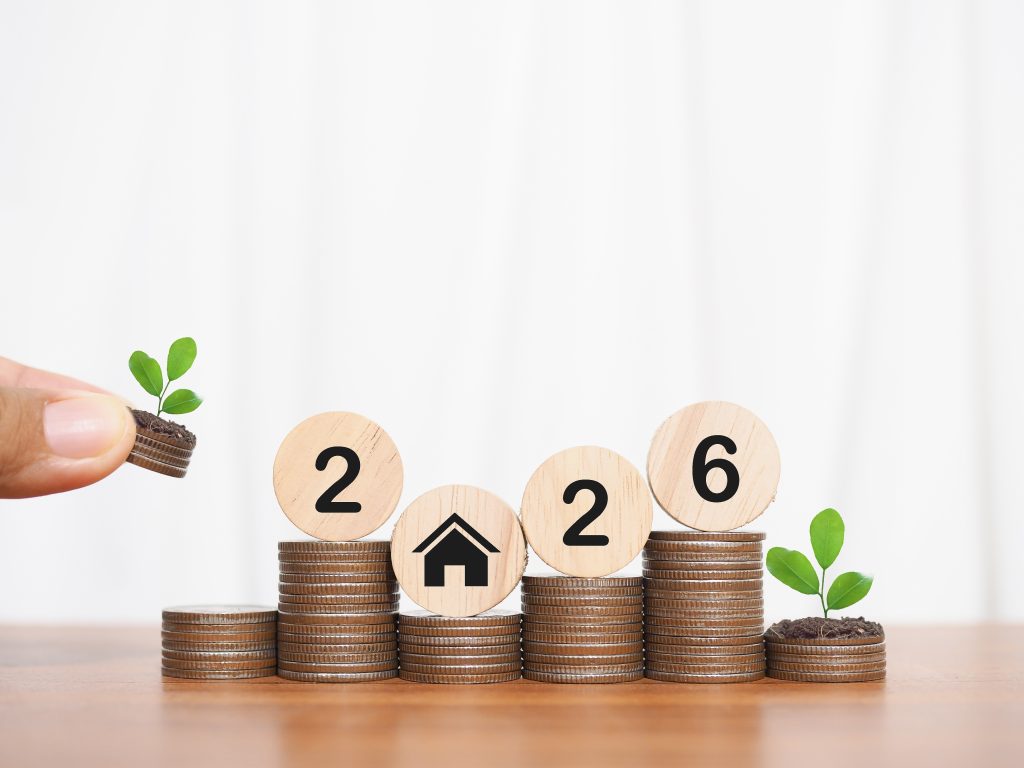Yes, you can sell a house that has a USDA, VA, or FHA mortgage. The purpose of these mortgage programs is to encourage home ownership. The government does not want to penalize you if you want to sell your home if you have a mortgage backed by the VA, FHA, or USDA. However, there are some specific considerations and steps you need to be aware of when selling a property with one of these types of mortgages. Let’s go through each one:
USDA Mortgage: If you have a USDA (United States Department of Agriculture) mortgage, you can sell the house at any time. However, the USDA loan program is designed to help low- to moderate-income homebuyers purchase homes in eligible rural and suburban areas. Therefore, there are certain restrictions on the property’s location and eligibility. When selling the house, you should ensure that the property still meets the USDA’s eligibility criteria for the next buyer.
VA Mortgage: If you have a VA (Veterans Affairs) mortgage, you can also sell the house whenever you want. VA loans are available to eligible veterans, active-duty service members, and surviving spouses, and they offer favorable terms. When selling a home with a VA loan, you should pay attention to any specific requirements or processes outlined by the VA. Additionally, if the buyer is also a veteran or eligible for a VA loan, they may be able to assume your existing VA loan. There are many benefits of a VA mortgage, including being assumable and 0% down payments.

FHA Mortgage: With an FHA (Federal Housing Administration) mortgage, you can sell the house, and the buyer can take over your FHA loan or secure their own financing. The FHA loan program is popular among first-time homebuyers due to its lower down payment requirements and more relaxed credit standards. As the seller, you’ll want to make sure the property meets FHA requirements to facilitate a smooth sale.
There are several benefits to government backed loans. First, is most government backed loans, as is the case with USDA, VA, and FHA, are assumable loans. However, the lender must approve the sale and the buyer must qualify with the lender.
Second, there is no pre-payment penalty for selling your house early with a USDA, VA, or FHA mortgage. A pre-payment penalty is where you get charged a fee by your mortgage company if you sell your house before a certain period of time. For example, it was commonplace during the sub-prime era of mortgages that banks would put an adjustable-rate mortgage on a house that would start adjusting after 2 years but there was a pre-payment penalty of 3 years. So while your payment was fixed for the first two years, when the bank started raising the interest rate and payment after year 2. Then you were charged a penalty if you refinanced or sold the property prior to year 3. So homeowners were stuck with higher payments they could not get out of. That is not the case with government backed loans. Again, the purpose of these programs is to encourage home ownership, not to distress the homeowner.
Lastly, it is usually easier to qualify for these loans than a traditional mortgage. The federal government wants to encourage home ownership. That is why they created VA, FHA, and USDA loans. Each serves a specific purpose.
Regardless of the type of mortgage you have, it’s essential to communicate with your mortgage lender early in the selling process. Inform them of your intent to sell, and they can provide you with specific information on how to handle the mortgage payoff, any prepayment penalties (if applicable), and other necessary details.




